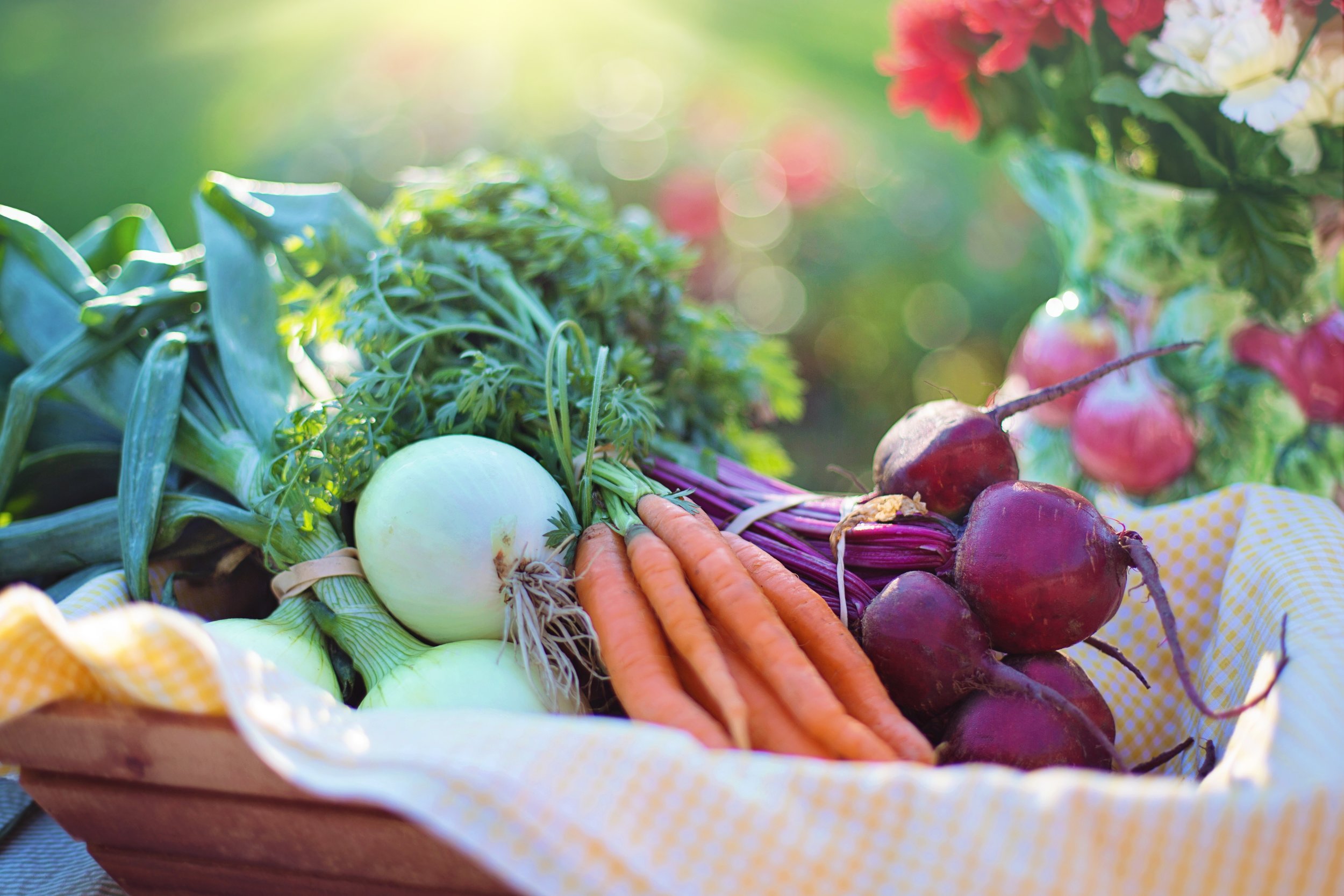How To Eat Like A Queen On A Tight Budget
Trying to keep it healthy with all of the organic, non GMO, grass fed, free range items sure can be costly, but it doesn’t have to be. All it takes is reconfiguring habits and adding some best practices for remaining nutritious while keeping the g’s in the bank account.
Here are 5 Ideas for Keeping Those Pockets Full
1. Eating at home:
Try to eat out less frequently. A recent study showed that millenials spend 44% of their food dollars on eating out. Going out to eat is social and very convenient, but is costly to your waistline and wallet. According to Oakton Community College, they compared preparing three meals from home vs. eating out (fast food), and the average person could save approximately $45 per week by preparing and eating at home. That is savings of almost $200 a month!
Not only does eating out cost money, it also is less nutritional. A nice sit down restaurant may seem like a healthier choice upfront, but it can be just as bad for you as eating at a fast food restaurant. This recent study shows you consume about the same amount of calories from a fast food and a sit down restaurant.
Let’s be honest though, eating out is a huge part of our social lives, so learning how to strategically eat out and stay healthy is a game changer. And is so easy once you master these 5 quick tips.
2. Eating in Season:
Buying foods that are in season is an easy way to save on nutritious food. As you browse through the aisles at the store you will notice which fruits and vegetables are in season based on the sale price. One of the added benefits of eating in season is these fruits and veggies are going to taste the best. Try to plan or choose meals based off of what foods are in season.
This may open you up to trying some fruits and vegetables you would have passed on before. Here is a downloadable Fruit + Veggie Seasonal Calendar
3. buy less drinks:
Stay away from purchasing drinks. Our bodies only truly need water and most other drinks will typically add sugar and extra unnecessary calories that won’t fill you up. If you need to buy bottled water you may look to invest in a water purifier, studies have shown that people who buy bottled water spend $1,400 per year on water. The other common drink we all look to when the weekend rolls around is alcohol but this can also add up quickly.
Because we all know that being in our 20’s and 30’s drinking alcohol tends to be a major part of our social lives. Read this no fail guide on how to stay social and not pack on unnecessary weight from alcohol.
4. Meat isn’t Your Only protein option:
Meat gets expensive very quickly a great way to save on cash is to buy less meat and get your protein from other sources like beans, nuts, tofu, or yogurt. Journal of Hunger & Environmental Nutrition suggests that vegetarians save an average of $750 each year on groceries compared to meat-eaters. Just by cutting back on the amounts of meat being purchased will save you money.
5. Weekly Trips:
Let’s face it most of us don’t have the time or energy to be trucking out to the store everyday. Try to go to the store once a week. Having a plan before heading into the store will help you save time and money. You can see what is on sale at the stores you shop at by either checking the local markets flyers that come in the mail, or by downloading the apps of the stores that you shop frequently. Try to stay up do date with the sales and also plan your meals accordingly.
Cutting back a little is always a great way to save. As you change up some of your habits you may even find that you don’t miss them at all. And eating healthy doesn’t have to be as expensive as it seems... don’t let money be the reason you don’t adapt to more healthy ways of eating.





